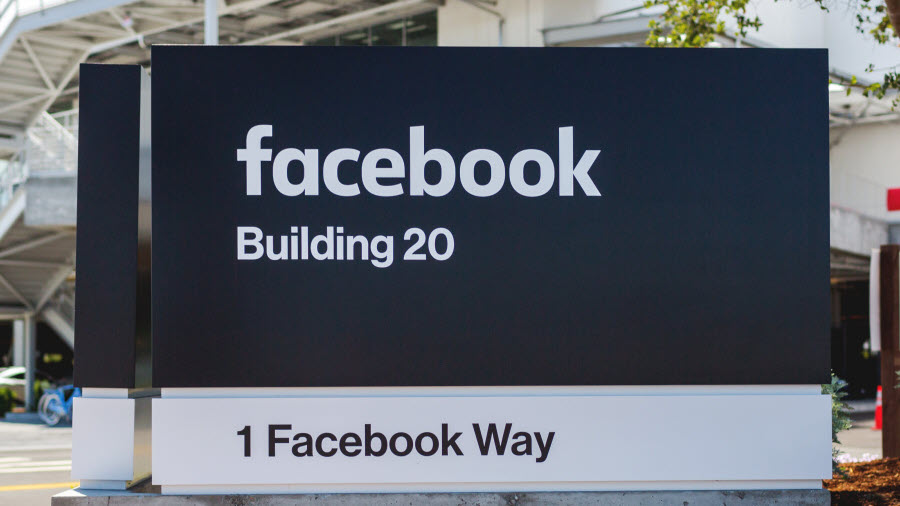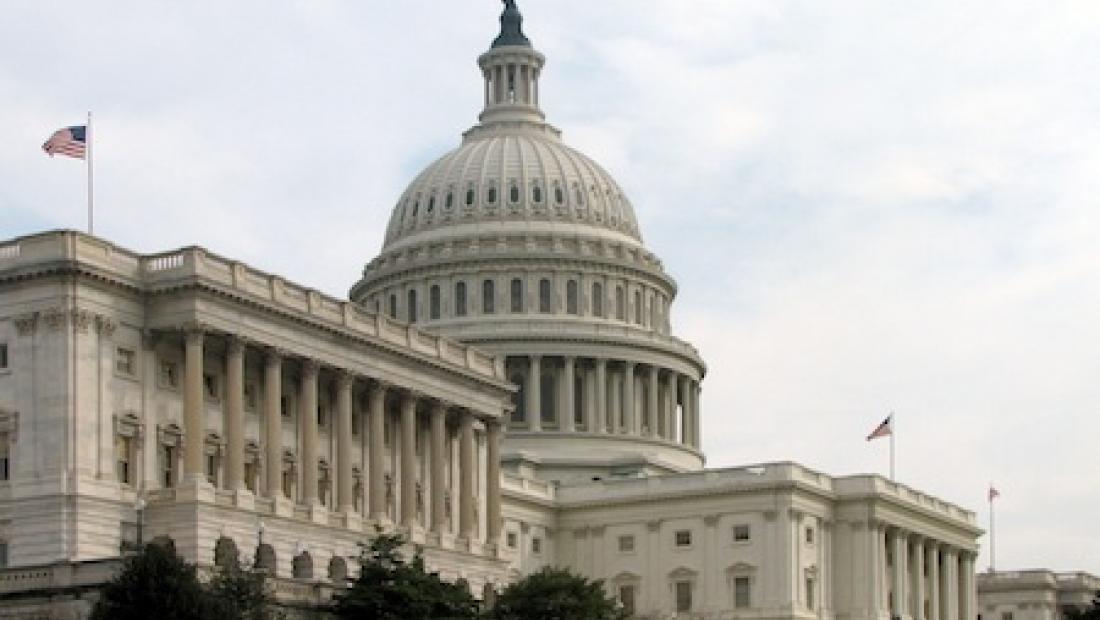Facebook Faces Hill Ire Over Political Ad Transparency Issue

The smarter way to stay on top of broadcasting and cable industry. Sign up below
You are now subscribed
Your newsletter sign-up was successful
The co-authors of the Honest Ads Act, which would increase political ad transparency, have a bone to pick with Facebook over its political ad transparency tool.

That came in a letter to Facebook CEO Mark Zuckerberg from Sens. Amy Klobuchar (D-Minn.) and Mark Warner (D-Va.). It also came in response to stories that a Vice reporter was able to lie about who paid for ads it bought on Facebook, and a report from ProPublica on how corporations have been able to hide ad sponsorship's on the social media site.
Related: Sen. Warner Ticked Off By Edge Arrogance
Klobuchar and Warner point out that if their legislation were law, it would require what Facebook is failing to provide, true transparency about who is funding campaign ads.
Warner, vice chairman of the Senate Intelligence Committee investigating Russian election interference, as been particularly critical of the role of social media platforms in that concerted effort to disrupt American democracy.
After Zuckerberg appeared before multiple Hill committees, Facebook pledged to improve its oversight of political advertising. Warner and Klobuchar both conceded that praised that effort, but said there were clearly gaps that needed filling, though with only days until the midterm election, that appears to be a horse that has already left the barn.
As it is, they said, "The major gaps existing in Facebook’s transparency tool could allow adversaries to exploit the platform with continued disinformation efforts."
The smarter way to stay on top of broadcasting and cable industry. Sign up below
The text of the letter is reprinted below:
"Dear Mr. Zuckerberg:
"Reports indicate that Facebook’s new security tools allow users to intentionally misidentify who purchases political ads on your platform. We write to express concern about significant apparent loopholes in Facebook’s ads transparency tool and to urge you to promptly address this issue.
"Americans have a right to know who is behind political ads that are designed to influence our democracy, and platforms like Facebook have a responsibility to ensure that the ads they sell have accurate disclaimers about who paid for them. In multiple appearances before Congress this year, you acknowledged that in the past Facebook did not take a broad enough view of its responsibility and that failure to do so was a mistake. You specifically said, “Across the board, we have a responsibility to not just build tools, but to make sure that they're used for good.”
"We appreciate the work that Facebook has done to implement the Honest Ads Act, our legislation to create transparency and accountability measures for paid online political ads. However, it is increasingly clear that major gaps exist in Facebook’s efforts, potentially allowing adversaries to exploit your platform with continued disinformation efforts.
"A number of recent news articles demonstrate the shortfalls in your company’s existing systems. The New York Times pointed to the shortcomings of Facebook’s political disclosure regime on October 17th, reporting that a Congressional candidate was being targeted with anonymous attack ads. In contrast to the terms of the Honest Ads Act, which requires disclosure of information related to the real party in interest associated with a political advertisement, these ads included a disclaimer that read: “Paid for by a freedom loving American Citizen exercising my natural law right, protected by the 1st Amendment and protected by the 2nd amendment.” Subsequently, on October 26th, Vice News published an article titled “Facebook’s Ad Tool Lets Us Buy Ads “Paid For” By Mike Pence and ISIS”. The report details that while Facebook’s ad tool initially required the reporters to verify their identities and addresses before purchasing ads, it subsequently allowed them to place inaccurate disclosures on the ads – falsely attributing the ad to 3rd parties. Additionally, VICE News employees were able to post verbatim replica copies of ads that have now been identified to be part of a widespread disinformation campaign on the part of Russian government agents during the 2016 election cycle.
"On October 30th, Vice News released a second report describing how its employees applied to purchase ads on behalf of each United States Senator, including ads “paid for by” all of the signatories of this letter. Facebook approved the ads despite the fact that they were both fraudulent and in violation of the company’s overall terms of service.
"The fact Facebook’s new security tools allow users to intentionally misidentify who placed political ads is unacceptable. That Facebook is unable to recognize ads connected to a well-established foreign interference operation is also deeply troubling. Both point to a central vulnerability that enable these kinds of ads: Facebook’s failure to utilize human reviewers of the political ads it sells.
"Free and fair elections require both transparency and accountability which give the public a right to know the true sources of funding for political advertisements in order to make informed political choices and hold elected officials accountable. However, it is clear that there are significant loopholes with regard to how Facebook sells ads and the process by which disclaimers are applied to political ads. You have committed to implementing transparency measures similar to those that the Honest Ads Act would require; however, your company is currently failing to carry out the basic disclosure and disclaimer provisions of the legislation.
"We strongly urge you to take every step necessary to close these loopholes in the transparency tool. We appreciate your prompt attention and look forward to continuing to work with you to promote more transparent political advertising."
Contributing editor John Eggerton has been an editor and/or writer on media regulation, legislation and policy for over four decades, including covering the FCC, FTC, Congress, the major media trade associations, and the federal courts. In addition to Multichannel News and Broadcasting + Cable, his work has appeared in Radio World, TV Technology, TV Fax, This Week in Consumer Electronics, Variety and the Encyclopedia Britannica.

